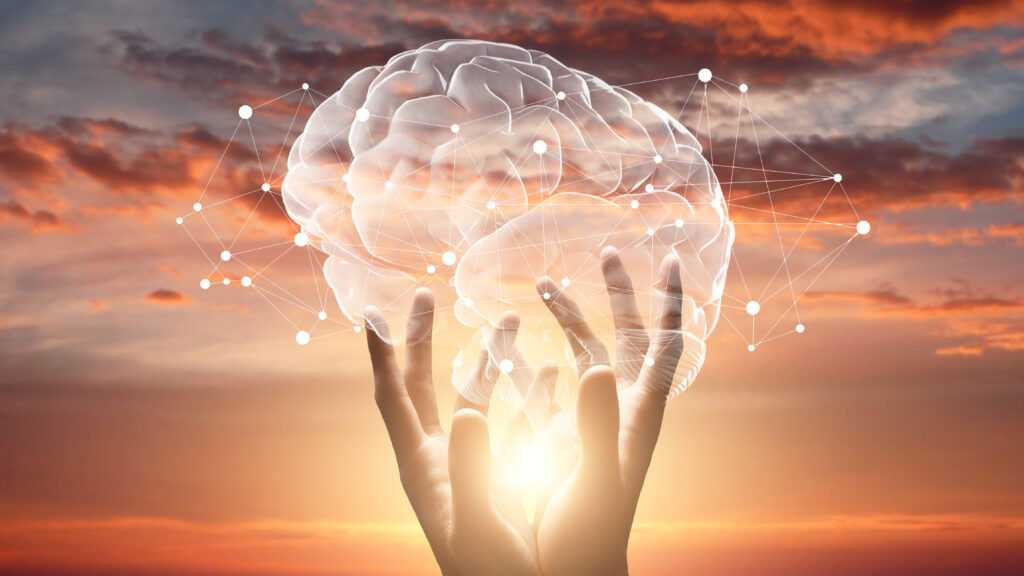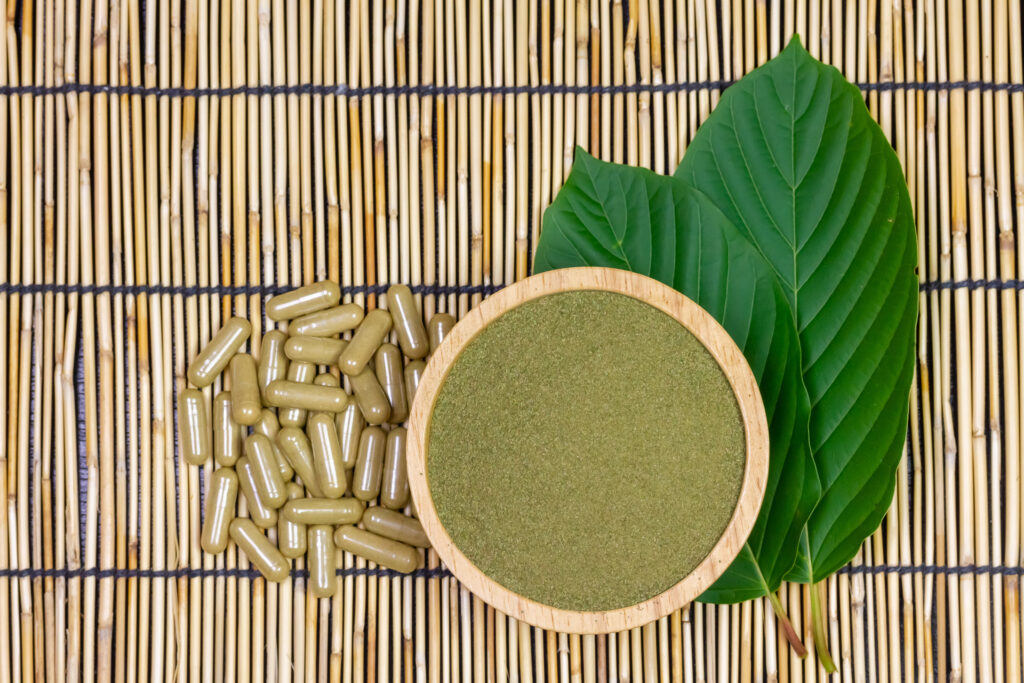Addiction recovery is a deeply personal and challenging journey, and many individuals focus primarily on detoxification and therapy when seeking help. But did you know that the food you eat and the exercise you do can significantly impact your recovery? Health and nutrition play a crucial role in addiction treatment, affecting brain chemistry, improving emotional well-being, and even easing the cravings that many recovering addicts face. This article will explore how making mindful choices in nutrition and exercise can foster long-lasting recovery.
How Food Affects Brain Chemistry
When you struggle with addiction, the brain’s reward system is often overactive, flooding it with dopamine (the “feel-good” chemical) in response to substances. This can lead to an imbalance, where the brain becomes dependent on the drug to function. One of the main ways to support recovery is to focus on nutrition that nourishes the brain, helping it to reestablish healthy dopamine production.
Brain health and nutrition go hand-in-hand. Research has shown that certain nutrients, including omega-3 fatty acids, amino acids, and vitamins like B6 and B12, can boost brain function and improve mood stability. These essential nutrients help regulate neurotransmitters, which are vital for mental health, and they also support the body in adapting to life after addiction.
- Omega-3 fatty acids, found in fatty fish like salmon and walnuts, are crucial for maintaining healthy brain function. They help reduce inflammation in the brain and are linked to improved cognitive function.
- Amino acids, such as tryptophan and tyrosine, play a vital role in the production of serotonin and dopamine. Eating protein-rich foods such as lean meats, eggs, and legumes can help improve your mood and manage cravings.
- B vitamins, particularly folate, B6, and B12, support neurotransmitter function and help reduce the risk of depression and anxiety. You can find these in whole grains, leafy vegetables, and fortified foods.
By providing your body with the right nutrition, you’re helping your brain regain balance and reducing the likelihood of relapse. At Redemption Recovery, we guide clients through a nutritional plan that enhances their recovery efforts.
Exercise and its Impact on Addiction Recovery
Exercise is more than just a way to stay fit. It’s a powerful tool in addiction treatment that can help regulate brain chemistry and reduce cravings. Physical activity stimulates the production of endorphins, another type of neurotransmitter that promotes feelings of happiness and satisfaction. The benefits of exercise extend far beyond the physical body—it can improve mental health, relieve stress, and help you rebuild confidence.
Incorporating regular exercise into your daily routine during recovery can help in several ways:
- Reduces stress and anxiety: Exercise can help lower cortisol (the stress hormone) levels, allowing you to better cope with triggers and emotional challenges.
- Enhances mood and emotional well-being: The release of endorphins during physical activity is a natural mood booster, which can counteract feelings of depression or anxiety that often accompany addiction recovery.
- Improves self-esteem and confidence: As you work on your physical health, you’re likely to see improvements in your appearance and overall energy, boosting your self-worth and reinforcing positive behaviors.
- Aids in sleep: Regular exercise promotes better sleep patterns, which are essential for a healthy recovery process.
Finding an exercise routine that suits your interests and capabilities is key to staying motivated. Whether it’s yoga, running, or strength training, getting active helps combat cravings and makes you feel more grounded.
Weight Gain After Addiction Recovery: Is It Normal?
It’s not uncommon for individuals in recovery to experience weight gain, often due to changes in lifestyle and eating habits. For many people, the weight gain can stem from emotional eating, comfort foods, or simply an increase in appetite as the body recovers. While this is completely normal, it’s important to pay attention to your health and make mindful choices about nutrition and exercise.
Gaining weight doesn’t mean you’re failing in your recovery journey. Instead, it’s an opportunity to develop a healthy relationship with food and exercise. At Redemption Recovery, we encourage our clients to adopt balanced eating habits and engage in physical activities that help manage weight and enhance overall well-being. Maintaining a healthy weight during recovery isn’t just about looking good—it’s about feeling your best and continuing to prioritize your physical and emotional health.
Embracing Health and Nutrition for Long-Term Success
At Redemption Recovery, we believe that a holistic approach to addiction treatment—one that includes proper nutrition and exercise—is essential for long-term success. We’re here to guide you every step of the way toward a healthier, more fulfilling life in recovery. Start prioritizing your health today, and take the first step toward a balanced, thriving future.





